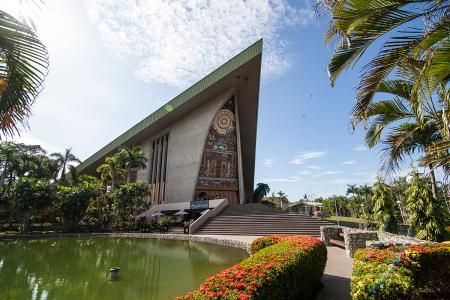
By Dr Joseph Ketan
Parliamentary immunity promotes impunity and it is taken as a license to break the law. Parliamentarians in many countries have taken legal measures to protect themselves during parliamentary tenure. It means that you cannot be charged and prosecuted for crimes that you commit while you are a member of a parliament in a country with parliamentary immunity. Immunity encourages parliamentarians to break laws.
Many countries around the world have included parliamentary immunity in their legal framework. Immunity from prosecution is entrenched in the constitutions of many African, Latin American and European countries, except for Commonwealth countries which have only parliamentary privilege. Brazil, Israel, Germany, Italy, Greece, Spain, and Zambia are examples of countries with parliamentary immunity.
“Parliamentary immunity, also known as legislative immunity, is a system in which members of the parliament or legislature are granted partial immunity from prosecution. Before prosecuting, it is necessary that the immunity be removed, usually by a superior court of justice or by the parliament itself” (Transparency International).
Commonwealth countries, including Papua New Guinea and Australia, do not have parliamentary immunity. We do, however, have parliamentary privilege, which protects parliamentarians from making slanderous statements in the chambers, upper and lower houses, without fear of prosecution.
Transparency International has been critical on parliamentary immunity. TI says that: “The privilege of immunity sometimes gives the impression that politicians can do as they please”. I hope we never introduce parliamentary immunity in Papua New Guinea. We have enough to contend with here.
